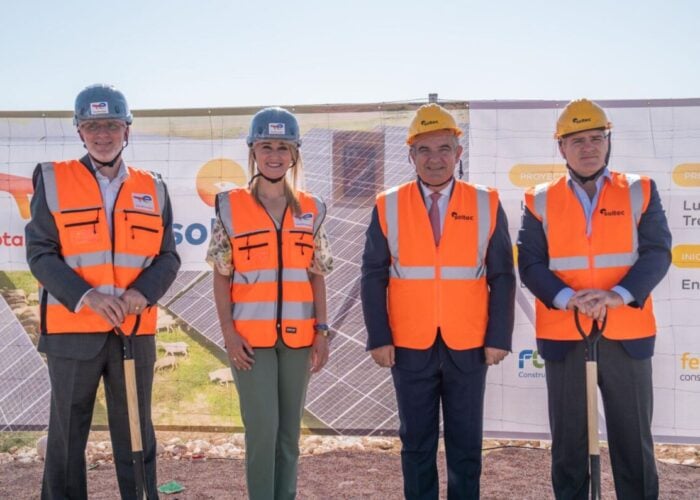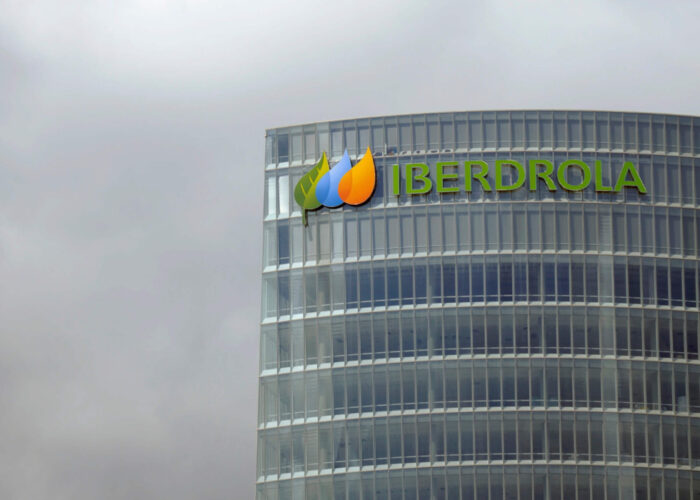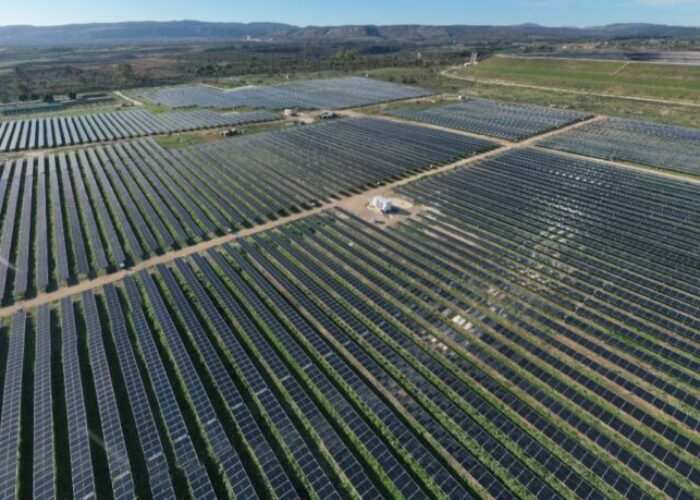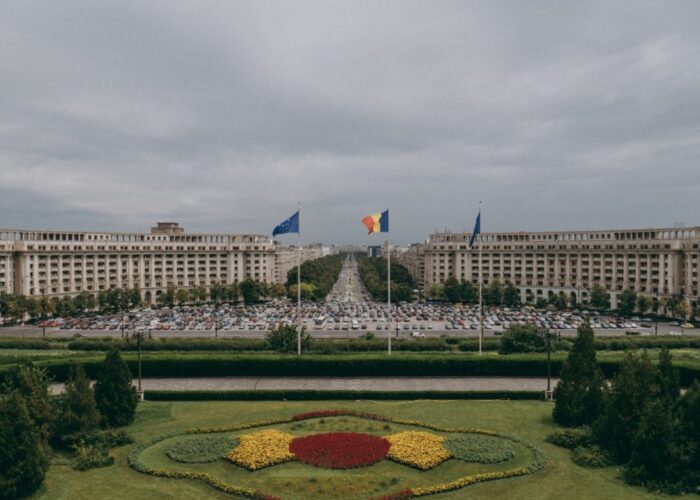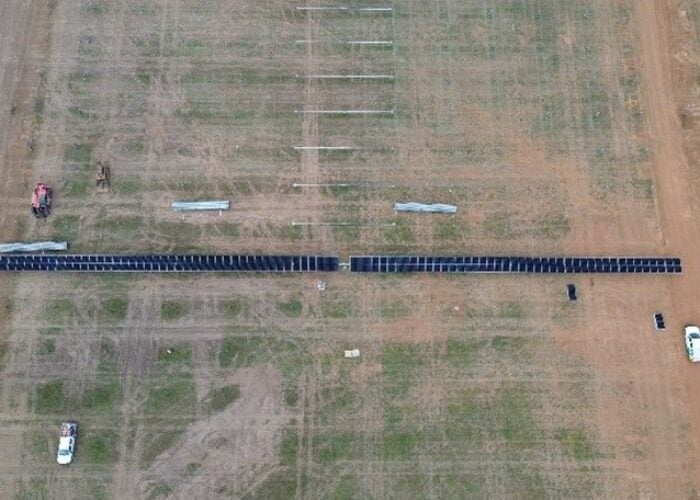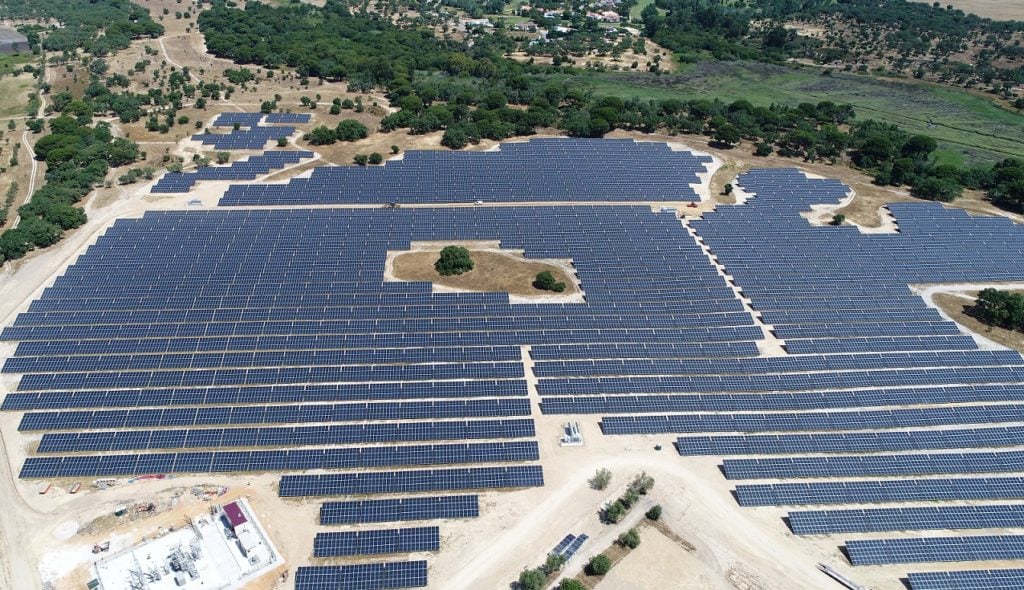
Winning bidders from Portugal’s solar auctions will have their tariffs increased in line with inflation as the government aims to ensure the projects remain economically viable.
A decree-law published this week said that rising equipment prices and interest rates, combined with the low bids received in the auctions, made bank financing “impractical” for the projects.
Unlock unlimited access for 12 whole months of distinctive global analysis
Photovoltaics International is now included.
- Regular insight and analysis of the industry’s biggest developments
- In-depth interviews with the industry’s leading figures
- Unlimited digital access to the PV Tech Power journal catalogue
- Unlimited digital access to the Photovoltaics International journal catalogue
- Access to more than 1,000 technical papers
- Discounts on Solar Media’s portfolio of events, in-person and virtual
Portugal awarded 1.15GW of solar contracts in its 2019 auction, with the lowest bid of €14.76/MWh said to be a world record at the time.
“It’s clearly unfeasible to believe that you can finance a project with this strike price,” said Inês Gaspar, senior analyst at consultancy Aurora Energy Research.
She told PV Tech that all winning bidders under each of the modalities from the auctions – including contracts for difference (CfD), contribution to the system and flexibility option – will see tariffs increase in line with inflation.
“The price that was settled at the award date of the auction will be updated by inflation at the operational date,” she said.
In addition, asset owners that secured a CfD through the auction will have an additional 12-month ‘experimental period’ before the auction contract begins, during which time projects can be remunerated at market prices, providing a short-term revenue boost.
The changes have been made, according to the decree-law, in response to RepowerEU, the EU’s strategy aimed at reducing the bloc’s reliance on fossil fuels, in particular Russian gas.
Portugal’s decree-law said the current context and the unpredictability of its evolution “require a national effort to drastically accelerate the energy transition” through the installation of renewables.
So far this year the country has brought forward a target to reach 80% renewables in electricity production by 2026, four years earlier than previously planned, and has waived environmental impact assessments for solar projects with a capacity of less than 50MW.
Prices dropped even lower in Portugal’s 2020 solar auction, when 670MW of capacity was awarded and Spanish company Enerland paid €11.14/MWh for a 10MW lot.
For floating solar installations, the 2021 auction closed with negative prices, with the results showing the value that bidders placed on securing a grid connection, as reported by PV Tech Premium.

